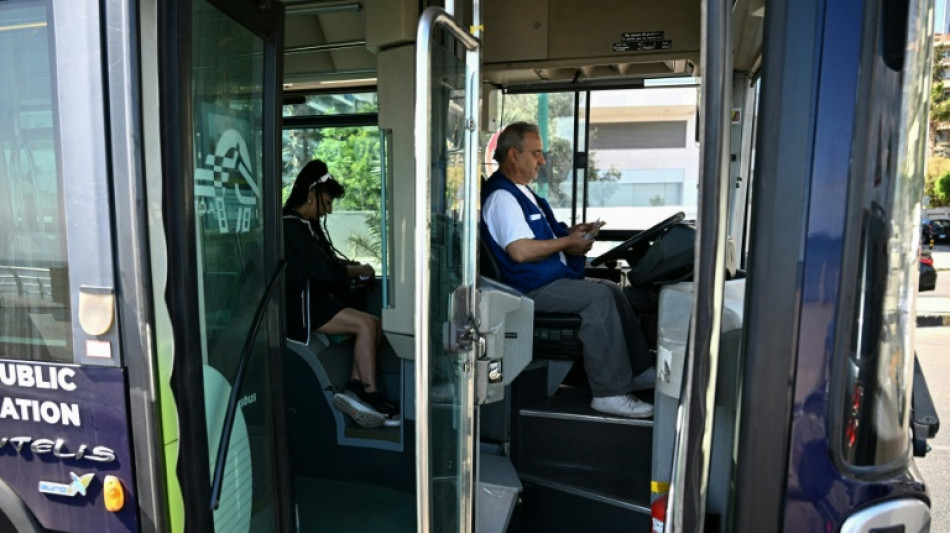
-
 Amazon adds AI muscle to connected home lineup
Amazon adds AI muscle to connected home lineup
-
Antarctic sea ice hits its third-lowest winter peak on record

-
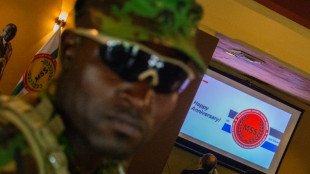 UN Security Council approves new military force to fight Haiti gangs
UN Security Council approves new military force to fight Haiti gangs
-
Dolphins' Hill out for season after knee surgery

-
 Rodri 'not ready' for rigours of Man City schedule, says Guardiola
Rodri 'not ready' for rigours of Man City schedule, says Guardiola
-
With all-or-nothing Gaza plan, Trump turns tables for Israel
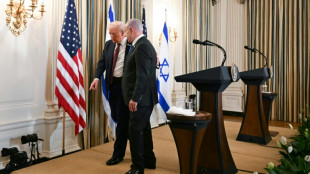
-
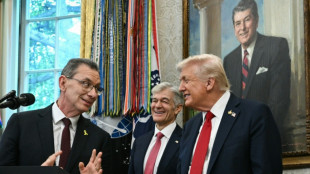 Trump announces Pfizer deal he says will lower certain drug prices
Trump announces Pfizer deal he says will lower certain drug prices
-
Trump gives Hamas '3 or 4 days' on Gaza deal
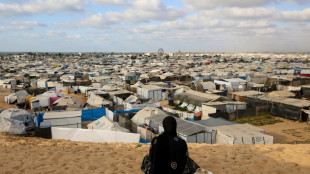
-
 Real Madrid thrash Kairat with Mbappe hat-trick
Real Madrid thrash Kairat with Mbappe hat-trick
-
Deepti, Amanjot fire as India crush Sri Lanka in Women’s World Cup opener

-
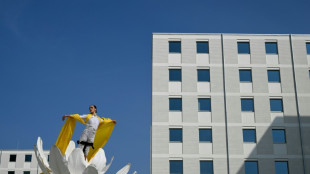 Deadlines loom for Milan's Olympic village as Winter Games near
Deadlines loom for Milan's Olympic village as Winter Games near
-
At least 5 dead after strong quake in central Philippines
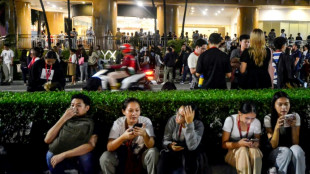
-
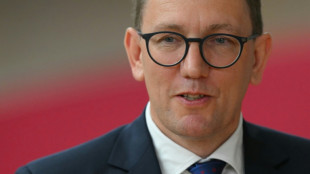 Estonia PM says Russia incursions aim to distract EU from Ukraine: AFP interview
Estonia PM says Russia incursions aim to distract EU from Ukraine: AFP interview
-
DR Congo ex-president Kabila sentenced to death in absentia for 'treason'
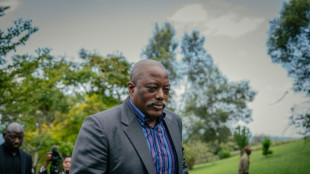
-
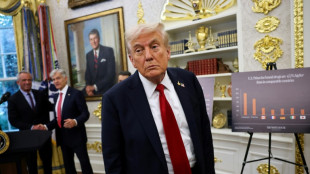 Trump says US government will 'probably' shut down
Trump says US government will 'probably' shut down
-
Board of Spain's Sabadell bank rejects improved BBVA takeover bid
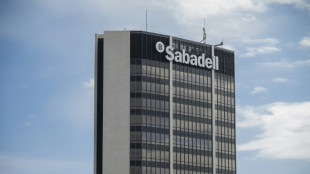
-
 Howe blasts irrelevant criticism of Woltemade after 'idiot' jibe
Howe blasts irrelevant criticism of Woltemade after 'idiot' jibe
-
Erasmus ready for 'high stakes' Argentina clash in Rugby Championship finale
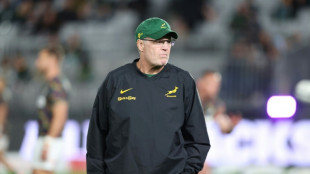
-
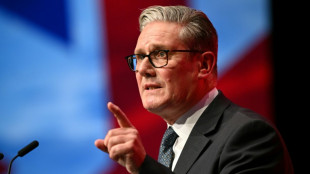 Starmer vows to fight for Britain's 'soul', thwart far right
Starmer vows to fight for Britain's 'soul', thwart far right
-
Strong quake causes damage, panic in central Philippine island
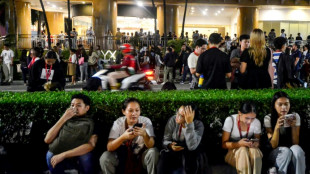
-
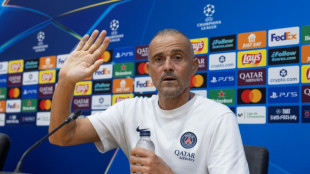 PSG must keep Barca's 'Harry Potter' Pedri at bay: Luis Enrique
PSG must keep Barca's 'Harry Potter' Pedri at bay: Luis Enrique
-
'I couldn't reach them': Afghans abroad despair at blackout
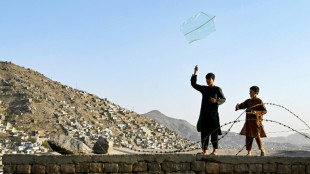
-
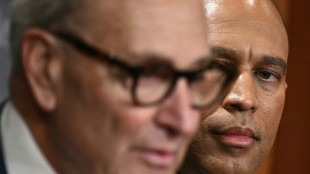 US stocks slip as government shutdown looms
US stocks slip as government shutdown looms
-
Key warns England not to be 'stupid' on Ashes tour

-
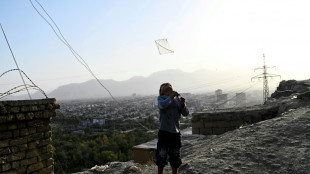 UN calls for Taliban to restore internet as Afghanistan goes dark
UN calls for Taliban to restore internet as Afghanistan goes dark
-
Saliba says he was focused on staying at Arsenal after signing new deal

-
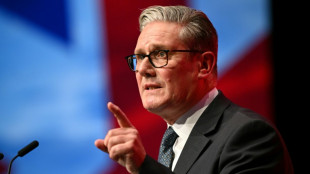 Starmer vows to fight for 'decent' Britain, as he battles Farage
Starmer vows to fight for 'decent' Britain, as he battles Farage
-
US on brink of government shutdown with funding talks stalled
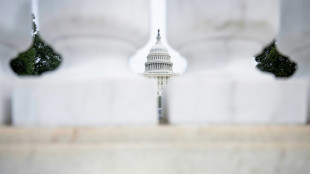
-
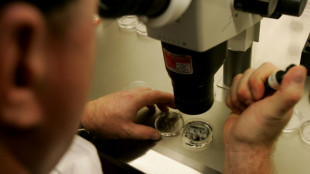 Human skin cells turned into fertilisable eggs for first time
Human skin cells turned into fertilisable eggs for first time
-
UN warns Myanmar conflict blocking Rohingya return

-
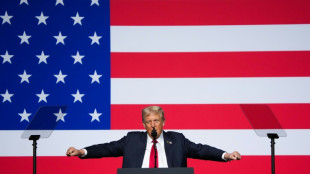 Trump tells generals US faces 'war from within'
Trump tells generals US faces 'war from within'
-
Williams absence 'could help us', say Dortmund as Guirassy back against Athletic

-
 Louis Vuitton unveils ethereal collection at Paris Fashion week
Louis Vuitton unveils ethereal collection at Paris Fashion week
-
ECB chief says eurozone weathering Trump tariff storm
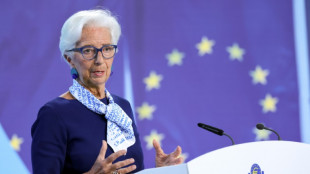
-
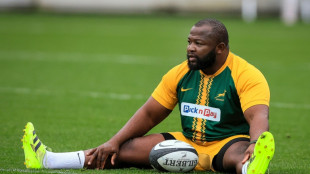 Nche starts for South Africa as they eye Rugby Championship title against Argentina
Nche starts for South Africa as they eye Rugby Championship title against Argentina
-
AI tool helps researchers treat child epilepsy
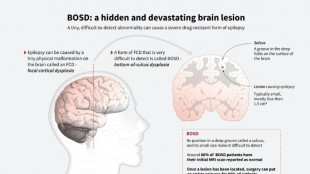
-
 Brigitte Bardot slams Saint-Tropez after decades in jet-set port
Brigitte Bardot slams Saint-Tropez after decades in jet-set port
-
Pentagon chief tells US military leaders to fix 'decades of decay'
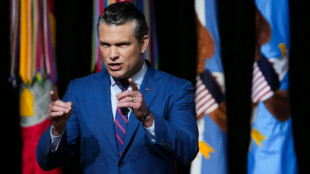
-
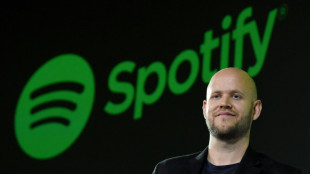 Spotify founder Daniel Ek to give up CEO role
Spotify founder Daniel Ek to give up CEO role
-
Barca star Yamal must 'work hard' to reach top level, says Flick
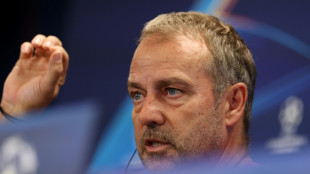
-
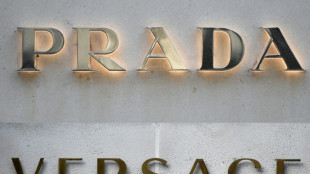 EU green lights Prada's bid for Versace
EU green lights Prada's bid for Versace
-
New youth-led protests in Madagascar despite government's dismissal
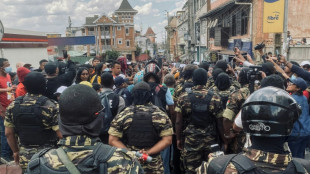
-
 Sinner to face teenager Tien in Beijing final as Gauff battles on
Sinner to face teenager Tien in Beijing final as Gauff battles on
-
Gold hits record, dollar drops as US shutdown looms
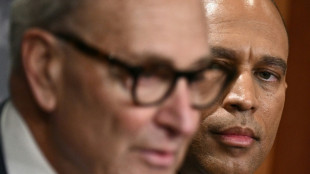
-
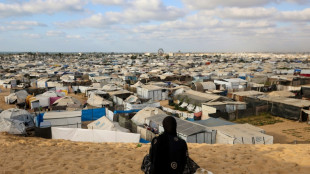 Hamas reviewing Trump's Gaza plan
Hamas reviewing Trump's Gaza plan
-
Alcaraz beats Fritz in Tokyo for eighth title of season

-
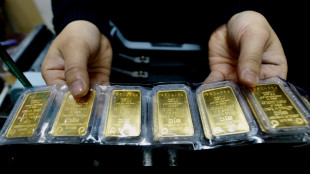 Vietnam jails former officials over gold bar graft: state media
Vietnam jails former officials over gold bar graft: state media
-
German far-right MP's ex aide jailed for spying for China
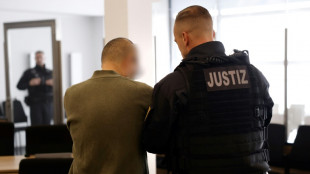
-
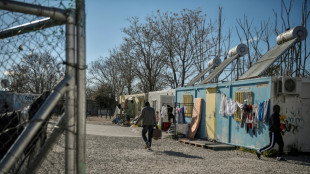 Who will take 30,000 asylum seekers? EU solidarity faces big test
Who will take 30,000 asylum seekers? EU solidarity faces big test
-
PSG's Kvaratskhelia to miss Barcelona Champions League trip


Lebanon on bumpy road to public transport revival
On Beirut's chaotic, car-choked streets, Lebanese student Fatima Fakih rides a shiny purple bus to university, one of a fleet rolled out by authorities to revive public transport in a country struggling to deliver basic services.
The 19-year-old says the spacious public buses are "safer, better and more comfortable", than the informal network of private buses and minivans that have long substituted for mass transport.
"I have my bus card -- I don't have to have money with me," she added, a major innovation in Lebanon, where cash is king and many private buses and minivans have no tickets at all.
Lebanon's public transport system never recovered from the devastating 1975–1990 civil war that left the country in ruins, and in the decades since, car culture has flourished.
Even before the economic crisis that began in 2019 -- plunged much of the population into poverty and sent transport costs soaring -- the country was running on empty, grappling with crumbling power, water and road infrastructure.
But public buses, now equipped with GPS tracking, have been slowly returning.
They operate along 11 routes -- mostly in greater Beirut but also reaching north, south and east Lebanon -- with a private company managing operations. Fares start at about 80 cents.
- Pre-war tram, trains -
Passengers told AFP the buses were not only safer and more cost-effective, but more environmentally friendly.
They also offer a respite from driving on Lebanon's largely lawless, potholed roads, where mopeds hurtle in all directions and traffic lights are scarce.
The system officially launched last July, during more than a year of hostilities between Israel and militant group Hezbollah that later slammed the brakes on some services.
Ali Daoud, 76, who remembers Lebanon's long-defunct trains and trams, said the public bus was "orderly and organised" during his first ride.
The World Bank's Beirut office told AFP that Lebanon's "reliance on private vehicles is increasingly unsustainable", noting rising poverty rates and vehicle operation costs.
Ziad Nasr, head of Lebanon's public transport authority, said passenger numbers now averaged around 4,500 a day, up from just a few hundred at launch.
He said authorities hope to extend the network, including to Beirut airport, noting the need for more buses, and welcoming any international support.
France donated around half of the almost 100 buses now in circulation in 2022.
Consultant and transport expert Tammam Nakkash said he hoped the buses would be "a good start" but expressed concern at issues including the competition.
Private buses and minivans -- many of them dilapidated and barrelling down the road at breakneck speed -- cost similar to the public buses.
Shared taxis are also ubiquitous, with fares starting at around $2 for short trips.
Several incidents of violence targeted the new public buses around their launch last year.
- Environment -
Student and worker Daniel Imad, 19, said he welcomed the idea of public buses but had not tried them yet.
People "can go where they want for a low price" by taking shared taxis, he said before climbing into a one at a busy Beirut intersection.
Public transport could also have environmental benefits in Lebanon, where climate concerns often take a back seat to daily challenges like long power blackouts.
A World Bank climate and development report last year said the transport sector was Lebanon's second-biggest contributor to greenhouse gas and air pollution, accounting for a quarter of emissions, only behind the energy sector.
Some smaller initiatives have also popped up, including four hybrid buses in east Lebanon's Zahle.
Nabil Mneimne from the United Nations Development Programme said Lebanon's first fully electric buses with a solar charging system were set to launch this year, running between Beirut and Jbeil (Byblos) further north.
In the capital, university student Fakih encouraged everyone to take public buses, "also to protect the environment".
Beirut residents often complain of poor air quality due to heavy traffic and private, diesel-fuelled electricity generators that operate during power outages.
"We don't talk about this a lot but it's very important," she said, arguing that things could improve in the city "if we all took public transport".
R.Kloeti--VB
